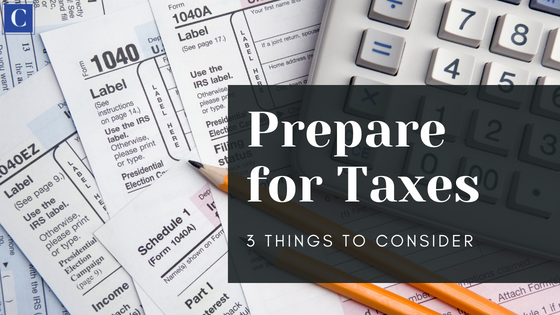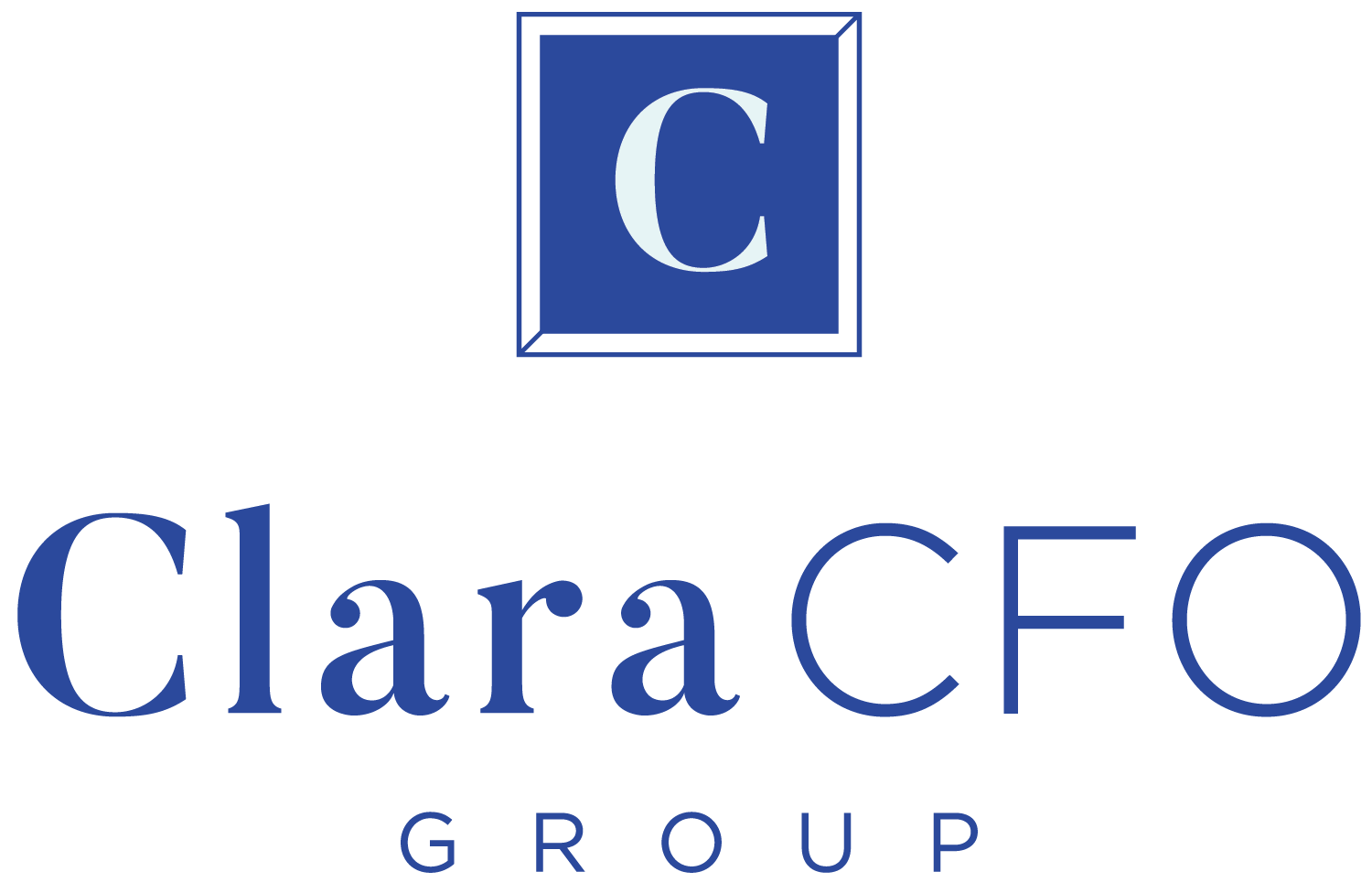
It’s tax season! What three things does your tax professional (Certified Public Accountant or Enrolled Agent) need to prepare your business income tax returns?
1. Financial statements
Your tax professional will need to study your accounting records. While you can share your paper records, most companies prefer to have their tax professional directly access their records through their accounting software. Remember that QBO allows you to give “Accountant Access” to your CPA. Before sharing your documents, all of your balance sheet accounts should be reconciled. These accounts include all monetary asset accounts (checking, savings, and payroll bank accounts) and liability accounts (accounts payable, credit cards payable and business loans) through the last day of your tax year. Businesses need to make sure that all financial transactions are included in their accounting records so that the year-end data is complete. You don’t want to miss out on any tax deductions by forgetting to include transactions!
2. Capital Expenditures
All purchases of new and used equipment, buildings, vehicles, and other tangible assets should be reported as fixed assets. Be sure to tell your tax professional what your goals are for your business. If you expect your profit to increase each year, you may want to set up your depreciation schedule to reduce your taxable income now and in future years. Knowing your goals, your tax professional can assure that you benefit from depreciation throughout your growth years-thus lowering your taxes. If you are expecting low growth, your tax professional can use professional judgement and potentially elect to write off the entire acquisition cost of new equipment immediately, giving you an immediate tax break.
3. PPP Loan Information
If your small business received a Paycheck Protection Program Loan (PPP), you may have received forgiveness already. If your PPP Loan was forgiven by December 31, 2021, the loan amount can be treated as tax-exempt income—that is, excluded from taxable income. It is important to let your tax professional know the amount of the PPP Loan, forgiveness date, and the forgiven amount. Also, let them know how they are reflected in your financial statements. Each business will handle this loan and forgiveness differently on the federal tax returns, depending on their entity type. The states are not handling the PPP loan and forgiveness the same way. Providing your PPP information to your tax professional upfront will keep your business compliant with federal and state tax laws.
If you aren’t sure how to account for PPP loans, make sure you check out these videos on the subject: ]
If you are using a tax professional for the first time or are changing firms, you may be asked to provide the prior three years of tax returns with the supporting tax forms. Remember to save your tax returns and supporting documentation for three years at a minimum.
Here is the table of income tax filing dates in 2022 and extensions by business entity type:
| Entity Type | Due Date | Extension Date |
| Sole Proprietor | April 18 | October 17 |
| C-Corporation | April 18 | October 17 |
| S-Corporation | March 15 | September 15 |
| Partnerships | March 15 | September 15 |
Preparing your information prior to engaging your tax preparer will save you time and increase your accuracy. An early start will make the process smoother and easier for everyone!
Disclaimer: This blog and the linked videos are intended for educational purposes and should not be taken as legal or tax advice. You should consult with your financial professionals about your unique financial situation before acting on anything discussed in these videos. Clara CFO Group, LLC is providing educational content to help small business owners become more aware of certain issues and topics, but we cannot give blanket advice to a broad audience.






